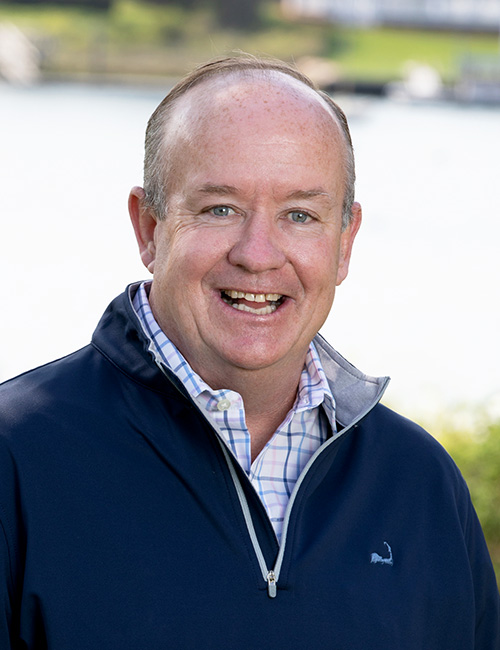
New property owners might wonder, "Do you have to pay property taxes forever?" Unfortunately, the answer is yes - you still need to pay for community and municipal services through taxes even after paying off your mortgage. However, there are ways you can potentially reduce your property tax bill and ease the burden of ongoing costs.
To help you understand a bit more about property taxes, here are some of the basic facts to know:
Many renovations and upgrades increase the overall value of your property, which in turn can increase your property taxes. The changes you can expect to increase your bill include:
Tax cards allow homeowners access to information about what the town has collected about the property. The cards contain data on the size and precise dimensions of the property, as well as the size and types of furnishings in your property.
Other documents may contain sections describing special features and notations about improvements to existing structures. Take note that the card may have a number of errors; bring them to your tax assessor for further consideration and investigation of the matter.
Property taxes are determined by two important variables: tax rates and current market values. Cities, counties and states can all have different tax rates, and some municipalities change their rates every year.
If you are concerned you are paying too much, investigate your local government's process for appealing your bill. The more familiar you are with your property tax bill, the easier you'll be able to spot any potential issues.
While the tax rates are determined by local governments, there are some ways individual homeowners can reduce their property taxes. One of the simplest ways is to limit the amount and scope of your home improvement projects. Consider the impact each potential improvement will have on your property value and adjust your plans accordingly.
Another way to reduce your property taxes is through exemptions. There are tax exemptions available for homesteaders, seniors, veterans and some types of agricultural property. To potentially save a bundle, investigate whether your property might be eligible for an exemption.
While you do have to pay them forever, better understanding property taxes helps you make better financial decisions as a homeowner.

I'm John Mahan, Sales Associate with William Raveis Real Estate, Harwich Port Office.
Throughout his childhood, John Mahan spent summers on Cape Cod at his parents’ home in Dennis Port. His intro to the Cape was, as he puts it, when his parents “carried me down the stairs at Sea Street Beach when I was a week old.” With a lifelong connection to Cape Cod, it seemed only natural for John and his wife, Mary, to move to Harwich – where they still reside – with their two young children in 1996.
Prior to moving to Cape Cod, John lived in the Worcester-Auburn area where he worked for Mass Electric for 10 years and was a member of the International Brotherhood of Utility Workers. When John and his family moved to the Cape, he worked at NSTAR for six years.
John began his career in real estate in 2002 when he joined Team Waystack Realty in Harwich Port. He has been a consistent top producing realtor in the Harwich area for the past 20 years. John’s approachable demeanor, combined with an integral understanding of the Cape Cod residential real estate market, have allowed him to build trusting, long-term relationships with his clients – both sellers and buyers.